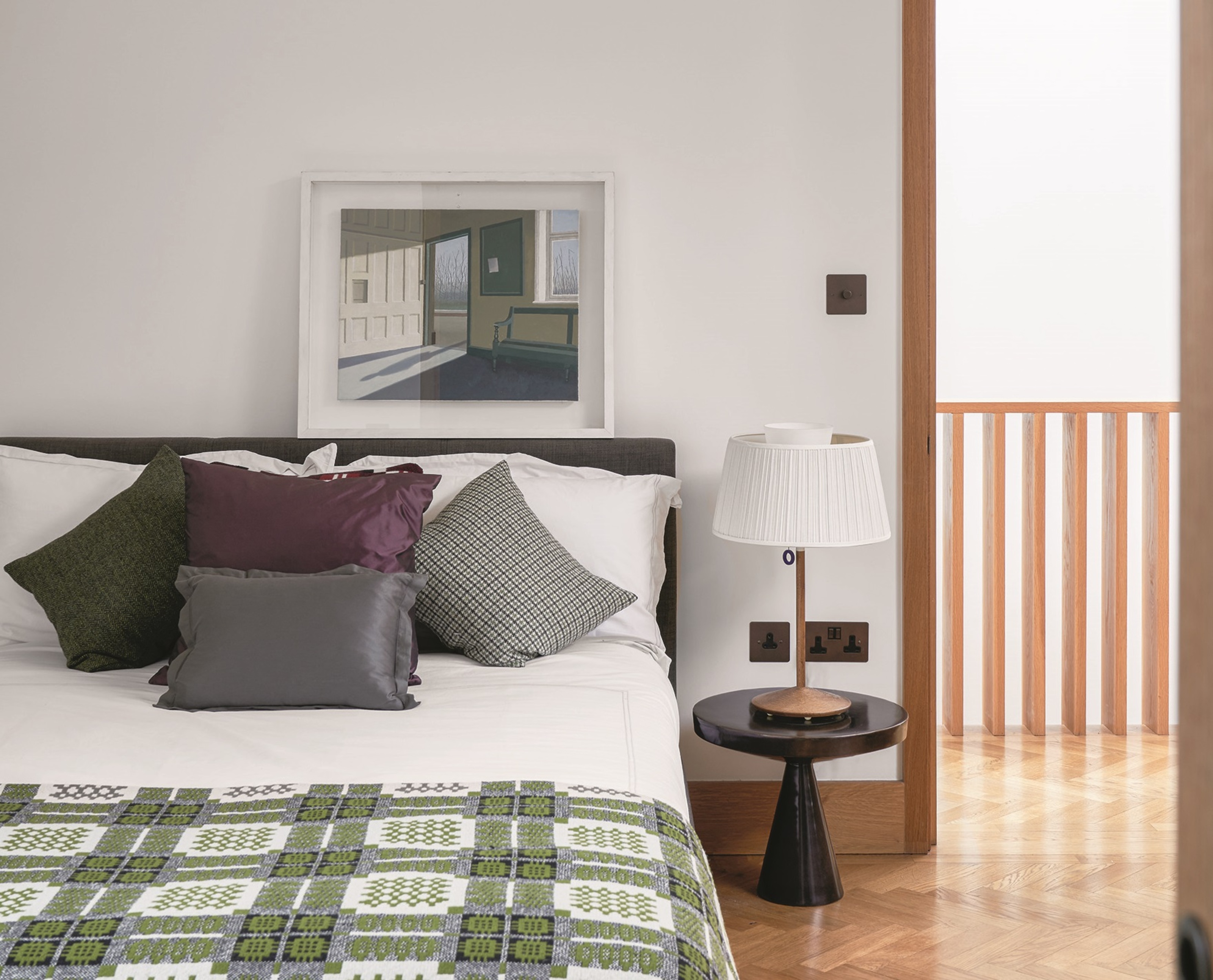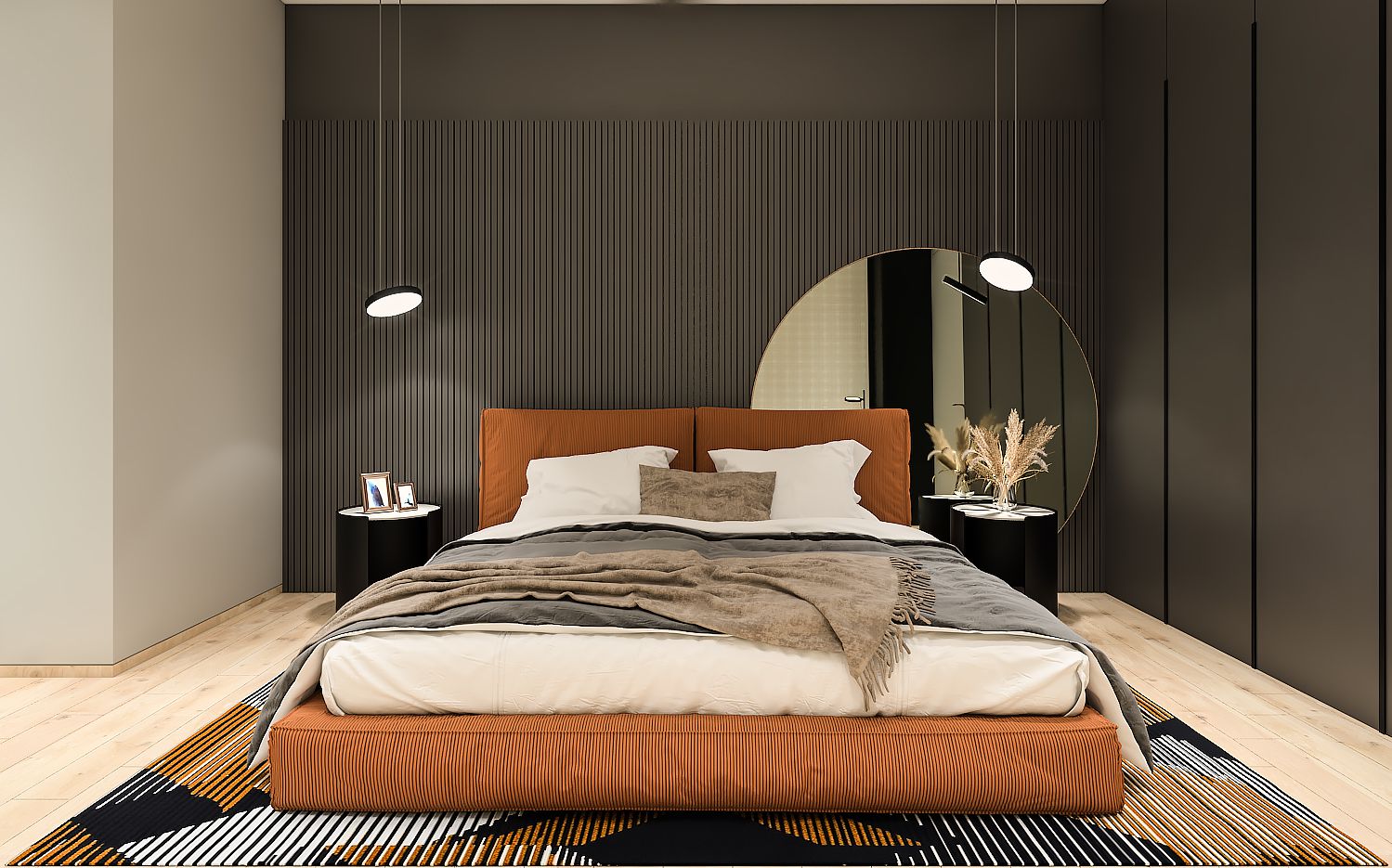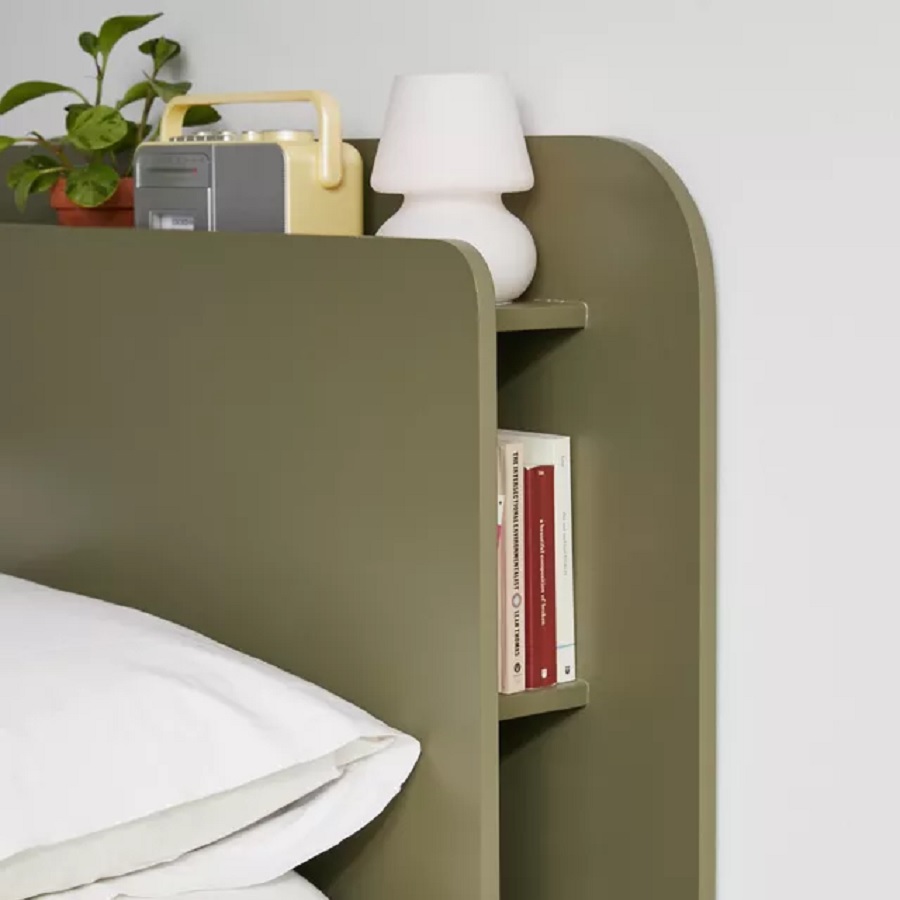Feng Shui experts warn you to avoid this mistake so that you sleep better, and to choose this bedroom layout instead
This one specific type of bed placement could be the reason for your disrupted sleep, say experts


The Livingetc newsletters are your inside source for what’s shaping interiors now - and what’s next. Discover trend forecasts, smart style ideas, and curated shopping inspiration that brings design to life. Subscribe today and stay ahead of the curve.
You are now subscribed
Your newsletter sign-up was successful
There are many ways to configure a bed - symmetrically placed, nestled in a corner, tucked beneath a window - wherever it goes, it should make your space feel cozy and zen-like. According to Feng Shui experts, however, there's one placement that should be avoided at all costs if you want to curate a peaceful bedroom conducive to good sleep.
Feng Shui is an ancient Chinese practice that is all about creating harmony in our homes, and nowhere is that more important than in the bedroom. Unsurprisingly then, this centuries-old artistry has a fair few Feng Shui bedroom rules on furniture placement, from avoiding positioning your bed under a window to steering clear of mirrors. However, there's one that all Feng Shui experts emphatically warn against, and it could be the reason for your disrupted sleep at night.
Even if Feng Shui isn't your thing, this is a risk we're not willing to take. If you want your bedroom to promote peaceful sleep and positive energy, here's the most important bed placement to avoid.
What is the worst position for a bed according to Feng Shui?

So what is this dreaded bed position that we speak of? 'According to Feng Shui, the worst position for a bed is when it is placed directly in line with the room's entrance door,' explains Sylvia Li, Interior Designer at Open Spaces Feng Shui. 'This setup is believed to be undesirable because it provides a direct channel for energy, or chi, to rush in and disrupt the peace of the sleeping area, plus it lacks grounding and stability which results in disrupted sleep and agitation.'
Since we're sometimes limited by the size of the room or built-in furniture, placing a bed facing the door is actually more common than you might think. When it comes to bedroom Feng Shui however, it's best to let existing features like your door and windows dictate the rest of your furniture placement. This is because they both act as an entry point for chi to flow into a room.
'In rooms with en suite bathrooms, this also applies to having your bed so that you are directly opposite, or have your head to the side of, the bathroom door as well,' adds Laili Kafi Gonzalez, Feng Shui practitioner at The Meazured Life.
What is the ideal positioning for a bed instead?

This isn't to say that your bed can't face towards the door at all, just not directly opposite. In fact, if you're wondering if your bed should face the door, technically it should.
The Livingetc newsletters are your inside source for what’s shaping interiors now - and what’s next. Discover trend forecasts, smart style ideas, and curated shopping inspiration that brings design to life. Subscribe today and stay ahead of the curve.
According to Laili, this is all related to a Feng Shui principle known as the commanding position. 'The commanding position is a concept that was developed to describe the place in a room where you have the most supportive vantage point,' she says. 'It's where you are supported by a solid wall, away from the door of a room, but are able to see the door and everything else in the room.'
As the name suggests, the commanding position is all about mastering a position that offers feelings of control, security, and empowerment. Since it's during sleep that we're at our most vulnerable, it makes sense that this position would help induce a sense of control.
'The commanding position entails setting up the bed such that it is diagonally across from the entrance door and supporting it with the headboard up against a solid wall,' adds Sylvia. She also notes that the headboard should be solid for added strength and stability.
What other bed placements should be avoided?

While facing the door is the primary bed placement experts warn against, there are several others that Feng Shui recommends you avoid. 'The first is placing the bed in a confined area,' warns Sylvia. 'This arrangement can disrupt the flow of energy or chi around the bed, whereas placing the bed where there is plenty of room on both sides ensures a balanced and harmonious flow of energy.'
As well as this, Feng Shui advises against putting a bed below a window (which again comes down to the flow of chi) and positioning a bed close to a bathroom door (which can interfere with a sense of serenity and privacy).
All that said, it's important to remember that Feng Shui should only be interpreted as guiding principles. 'We often struggle with room layouts due to existing walls, doors, and windows, so when placing our bed (or any furniture) it’s important to remember that we do our best,' says Laili.
'At its heart, Feng Shui is more about the flow and alchemy of energy than the exact placement or color of furniture, or any tchotchkes,' she adds. 'If you can’t place your bed in a commanding position, then do what you can.'
Feng Shui your sleep space with these

Lilith Hudson is a freelance writer and regular contributor to Livingetc. She holds an MA in Magazine Journalism from City, University of London, and has written for various titles including Homes & Gardens, House Beautiful, Advnture, the Saturday Times Magazine, Evening Standard, DJ Mag, Metro, and The Simple Things Magazine.
Prior to going freelance, Lilith was the News and Trends Editor at Livingetc. It was a role that helped her develop a keen eye for spotting all the latest micro-trends, interior hacks, and viral decor must-haves you need in your home. With a constant ear to the ground on the design scene, she's ahead of the curve when it comes to the latest color that's sweeping interiors or the hot new style to decorate our homes.


